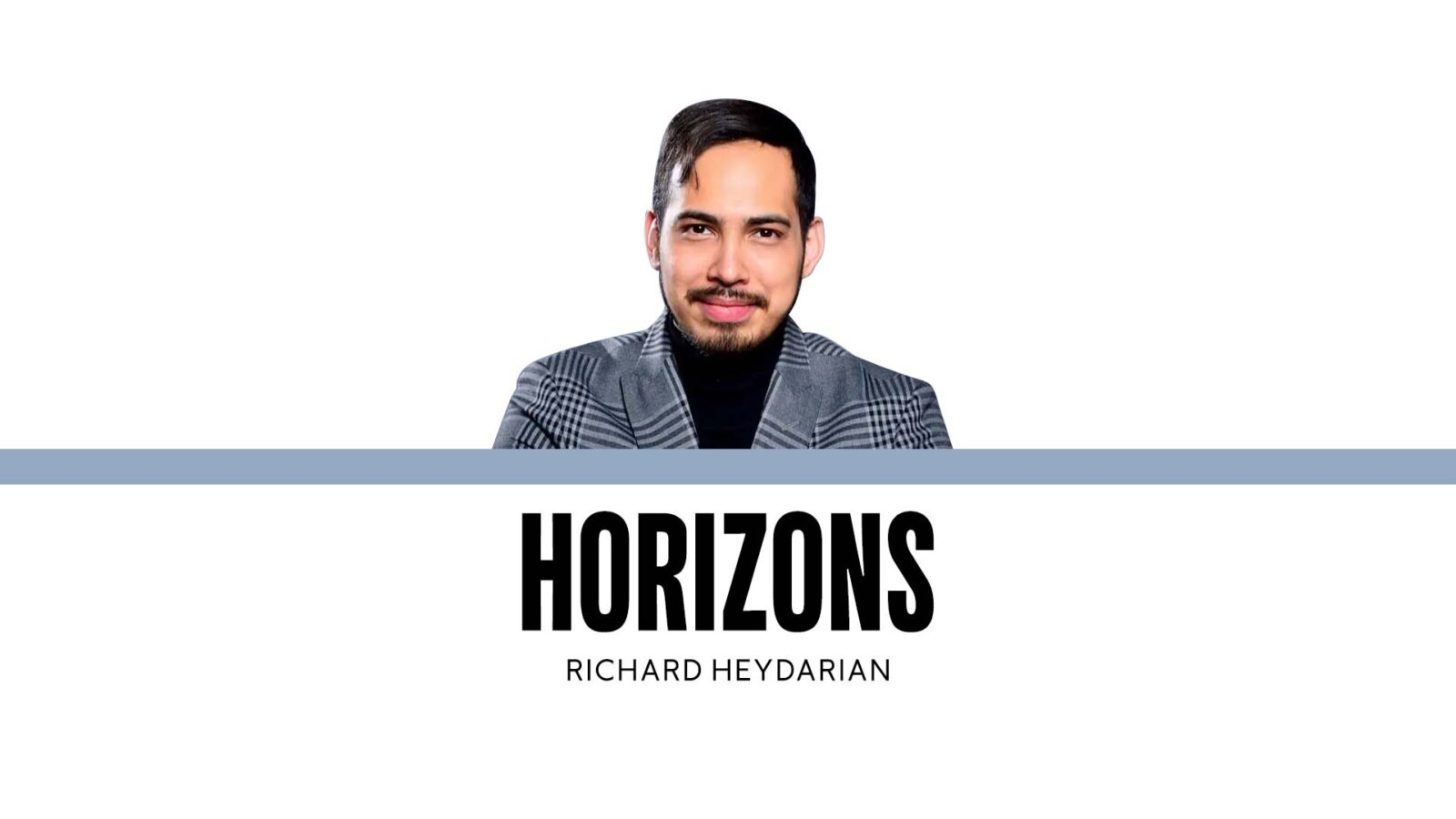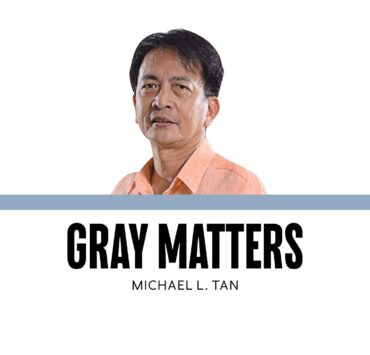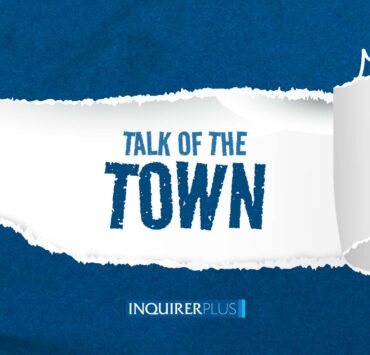‘Third force’: Pink Movement’s moment

In nations with minimal social trust and dismal confidence in state institutions, even the most well-intentioned efforts at fighting corruption can either boomerang or deepen social discontent. The more corruption is exposed, the less trust there is in ongoing investigations. And opportunists are always ready to hijack the political moment.
From the late President Benigno Aquino III in the early 2010s to the Dilma Rousseff administration in the mid-2010s, numerous reformist presidencies paid a heavy price in spite of their sincere commitment to good governance. What corruption scandals did was open a Pandora’s box of political risks, which often tended to either degrade existing institutions or empower the darkest forces.
The three elements of credibility, competence, and communications are key to any successful anticorruption initiative. Specifically, the incumbent should be beyond reproach, the investigations should inspire public confidence, and, ultimately, the manner and speed of anticorruption initiatives should be deftly communicated to the public.
Sadly, politically successful anticorruption initiatives tend to be those that are most performative and weaponized, namely targeted against political opposition and independent voices amid a climate of fear and disinformation. Think, for instance, of how Chinese President Xi Jinping transformed from a term-limited president into a paramount leader by skillfully eliminating all his rivals, as well as the most notorious crooks under his anticorruption drive a decade ago. Tens of thousands of “flies,” namely low-to-mid-level officials, as well as a few “tigers,” including the vivaciously ambitious Bo Xilai, were “disciplined.”
“We must uphold the fighting of tigers and flies at the same time, resolutely investigating lawbreaking cases of leading officials and also earnestly resolving the unhealthy tendencies and corruption problems which happen all around the people,” Xi declared in a bombastically populist speech in 2013, shortly after assuming power. Within less than a decade, he had eliminated all rivals and independent centers of power, while bolstering his image as a no-nonsense and sincerely communist leader.
In the curious case of President Marcos’ anticorruption initiative, we neither see brute weaponization nor the “triple c” package of credibility, competence, and communication. The ongoing investigations have, so far, been patchy, while the Marcos dynasty’s dark legacy would always cast a shadow of doubt over the incumbent’s credibility.
As for communications, Mr. Marcos has been more defensive than offensive, thus allowing the Duterte camp to either deflect from their own shady track record or, worse, steal political momentum. The traction of Cavite Rep. Kiko Barzaga’s opportunistically demagogic antics only proves my point. The President’s significant drop in the latest satisfaction rating surveys has laid bare the inherent risks of his quixotic embrace of good governance in the twilight years of his office.
Next month, according to a few uber insiders, could end up even more challenging for the incumbent. A major religious organization, they fear, could muster a massive rally that may have nothing less than replacing the current President in favor of another Duterte in Malacañang. As a sweetener, allegedly, a certain legislator—seen as a legal luminary by illiberal forces but instead a punchline among progressives and critical thinking folks—may get the vice presidency on a platter.
Even if such rumors were true, sedition would be a tall order, especially since the defense establishment is neither interested in political intervention nor in nurturing a Beijing-friendly commander in chief after years-long rehabilitation of strategic ties with the West on the heels of former President Rodrigo Duterte’s disastrous foreign policy. Secessionist destabilization attempts, however, would still be a win for them—and their foreign patrons.
Against this backdrop, the progressives have a historic opportunity to break the deadlock. As the de facto “third force,” the crystallization coalition of church leaders, civil society organizations, progressive celebrities, and statesmen can collectively safeguard our democratic institutions while also pressuring the incumbent to sincerely crack down on corruption just short of political collapse.
The next two years can also serve as a runway for building a robust good governance movement led by credible, competent, and communicatively savvy progressive-liberal figures. It’s not enough for us to put a good candidate in Malacañang in 2028. We need to reform our entire political system by contesting and reforming elected offices and democratic institutions at all levels of governance. For this, we need a robust and inclusive movement, not just another savior. Nevertheless, the progressive opposition needs a clear leader to carry the mantle for the movement. We can’t wait until the 11th hour. The battle is before us.
—————-
richard.heydarian@inquirer.net


















